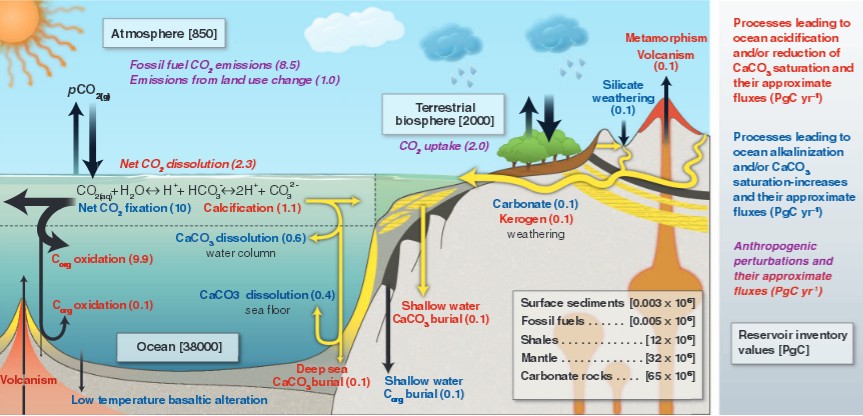Root Causes and Contributing Factors
- The burning of fossil fuels is a major contributing factor to this world wide problem. Fossil fuels give off harmful gases, CO2, NO2, and SO2, which accumulate in the atmosphere. These gases then condense and fall back to the earth as acid rain and lower pH levels in bodies of water.
- Surface runoff of nitrogenous fertilizers is a major contributing factor. Large farms established in flood plains use heavy amounts of fertilizers for their crops. These fertilizers contain nitrogen, which when add to water makes the water very acidic. The runoff of this soil adds large amounts of nitrogen to nearby lakes, streams, and rivers.
Challenges
The challenges in finding the root causes of freshwater acidification is essentially addressing the problems with the way the world gets its energy and food. The burning of fossil fuels and use of fertilizers are two things that we can’t get rid of quite yet if we want to continue as a species, but reform is not impossible in these areas. Finding alternative energy is one main way to solve a large portion of the problem and the other portion is to remove any possible acidic additive to fertilizers.
Policies
Policies like the Clean Water Act are very connected to the issue of water acidification. The EPA has many regulations and policies on thins such as acid rain and clean drinking water. There are not really any specific regulations or policies dealing with water acidification. No regulations control how much acidic compounds get into the water and cause major damage to areas around the US. There should be more regulations in place so that major water acidification issues are stopped and prevented in the future. One major step to this is decreasing carbon emissions and helping to slow down and stop climate change. The US really needs to act on these issues as the are major root causes of the water acidification issues.
Effects On Ohio
One major effect that this issue has on Ohio is the algal bloom problem that Lake Erie faces. These algal blooms are caused by fertilizer runoff and increase the acidification of the water. The more acidic the water gets, the better the environment for algal blooms to grow. The acidification will also affect aquatic organisms and will lead to possible extinction of local species. If the acidification isn’t slowed down, the life in the water of Ohio will be affected forever.

TedTalk:
This tedtalk was very insightful in many of the problems with water, especially ocean, acidification. I learned that if we don’t try to slow down or fix the acidification of the ocean, then by 2100 the water will be over 170% more acidic. The acidity of the ocean will lead to a mass extinction of marine organisms, most of which rely on coral reefs or shells which will dissolve in acidic water. The bias in this talk is towards the anti-climate change side, the main focus is to explain how human actions producing carbon dioxide are affecting the climate and oceans.
Sources:
http://air-quality.org.uk/13.php
https://www.cambridge.org/core/journals/proceedings-of-the-royal-society-of-edinburgh-section-b-biological-sciences/article/freshwater-acidification-its-effects-on-species-and-communities-of-freshwater-microbes-plants-and-animals/8141A4F525B599FBC2B43EEFA8E5B20E
http://www.sustainable-environment.org.uk/Environment/Freshwater.php
https://phys.org/news/2015-06-freshwater-ocean-acidification-stunts-growth.html
http://enviropedia.org.uk/Acid_Rain/Freshwater.php
http://www.physics.ohio-state.edu/~kagan/phy367/P367_articles/AcidRain/effects-on-lakes.html
